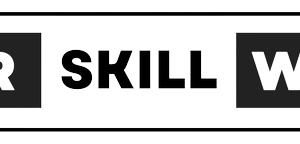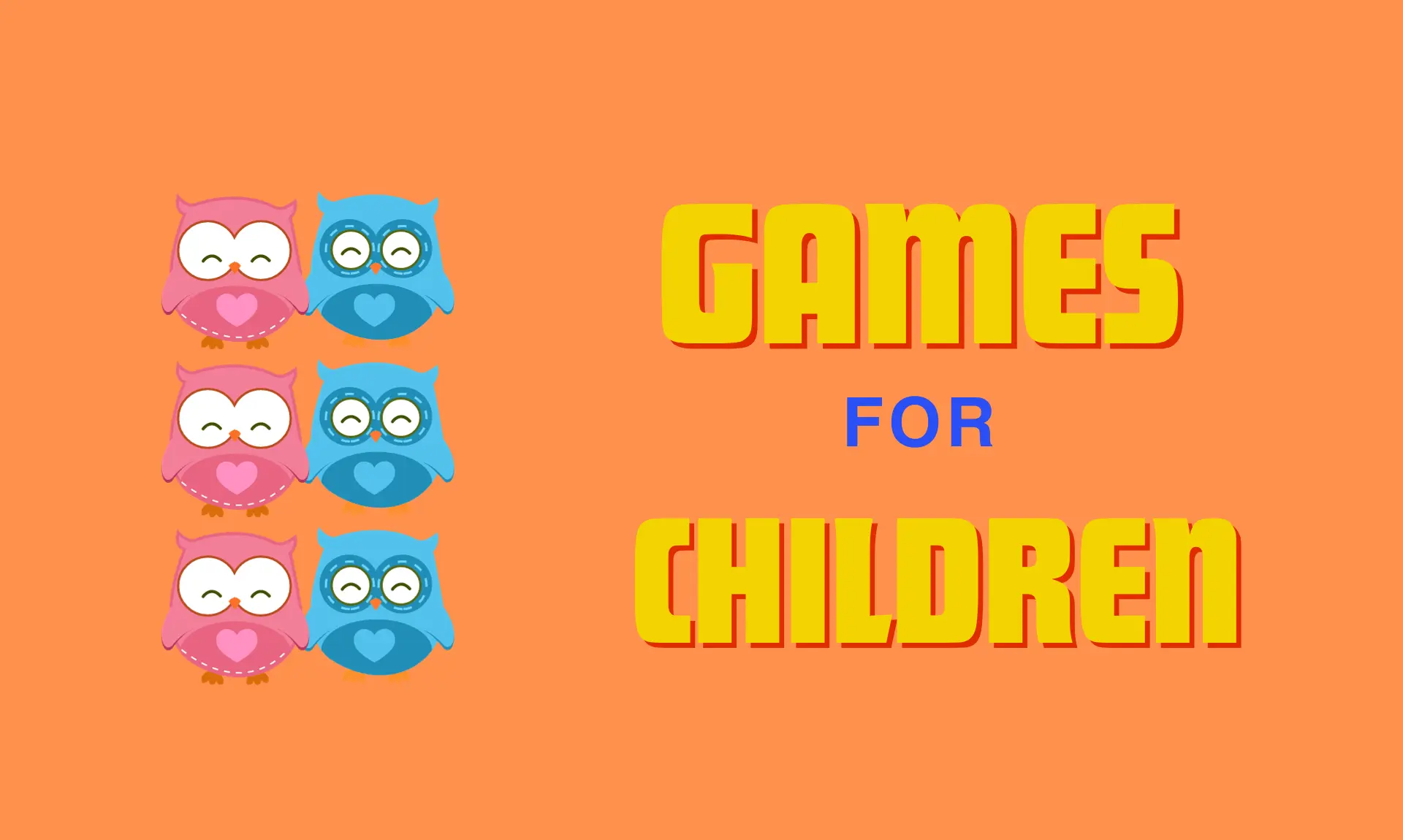The Secret to Learning Anything
Mastering Learning Methods: A Comprehensive Guide for Effective Learning
Learning is a lifelong journey, and understanding how to optimize our learning methods can significantly enhance our ability to acquire knowledge and skills. In this guide, we will delve into various learning methods, providing insightful theories, practical examples, and tips to help you maximize your learning potential.
Understanding Learning Styles
A crucial aspect of effective learning involves recognizing and embracing your unique learning style. Howard Gardner, an educational psychologist, introduced the theory of multiple intelligences, highlighting diverse cognitive abilities including linguistic, logical-mathematical, spatial, bodily-kinesthetic, musical, interpersonal, intrapersonal, and naturalistic intelligences. Adapting your learning methods to align with your dominant intelligence can significantly amplify comprehension and memory retention. For instance, individuals with a strong spatial intelligence can greatly benefit from creating mind maps or diagrams to visually grasp concepts. On the other hand, those with linguistic intelligence can enhance their understanding through engaging discussions, writing, or teaching the material to others.
Active Learning
Active learning involves engaging with the learning material actively rather than passively receiving information. Techniques like group discussions, debates, problem-solving, and hands-on activities promote active participation and deepen understanding.
For instance, in a science class, conducting experiments or simulations can provide a hands-on understanding of theoretical concepts. Actively engaging with the subject matter helps in better retention and application of knowledge.
Spaced Repetition
The spacing effect, a psychological phenomenon, suggests that information is better retained when we revisit it over spaced intervals. Implementing spaced repetition in your study routine involves reviewing information at increasing intervals, reinforcing the material and promoting long-term retention.
For example, instead of cramming for an exam, review your notes periodically. This technique allows your brain to solidify the information over time, leading to improved memory and understanding.
Visual Aids and Mnemonics
Leveraging visual aids, such as diagrams, charts, or infographics, can simplify complex concepts and enhance memory retention. Mnemonics, on the other hand, involve creating associations or acronyms to help remember information.
For instance, to remember a list of items, you can create an acronym using the first letter of each item. Visual aids and mnemonics make the learning process more enjoyable and efficient.
Technology-Assisted Learning
With advancements in technology, digital learning platforms, educational apps, and online courses have become prominent. These tools offer a flexible and interactive approach to learning, allowing individuals to customize their learning experience.
For example, platforms like Khan Academy or Coursera provide a wide range of courses on various subjects, allowing learners to choose based on their preferences and learning goals.
Collaborative Learning
Collaborative learning involves working in groups to solve problems, discuss ideas, and learn from one another. It encourages active participation and the sharing of diverse perspectives, enhancing critical thinking and communication skills.
For instance, group projects, peer teaching, or study groups can facilitate collaborative learning, fostering a sense of community and enriching the learning experience.
Mindfulness and Stress Management
Integrating mindfulness practices and stress management techniques into your learning routine can significantly improve concentration and overall learning outcomes. Mindfulness exercises, such as deep breathing, help in reducing stress and promoting a calm and focused mind.
Taking short breaks, staying physically active, and maintaining a healthy diet are also crucial in managing stress levels, allowing for better concentration and effective learning.
Conclusion
Mastering effective learning methods is a valuable skill that can unlock your full learning potential. Understanding your learning style, embracing active learning, utilizing spaced repetition, leveraging visual aids and mnemonics, embracing technology, fostering collaborative learning, and incorporating mindfulness are key strategies to enhance your learning journey.
By implementing these techniques and tailoring them to your unique learning style, you can not only enjoy the process of learning but also achieve deeper understanding and long-term retention of the material. Happy learning!
latest video
news via inbox
Nulla turp dis cursus. Integer liberos euismod pretium faucibua






Very interesting topic, will try to see how it works!
Thank you for sharing!
Thank you :)